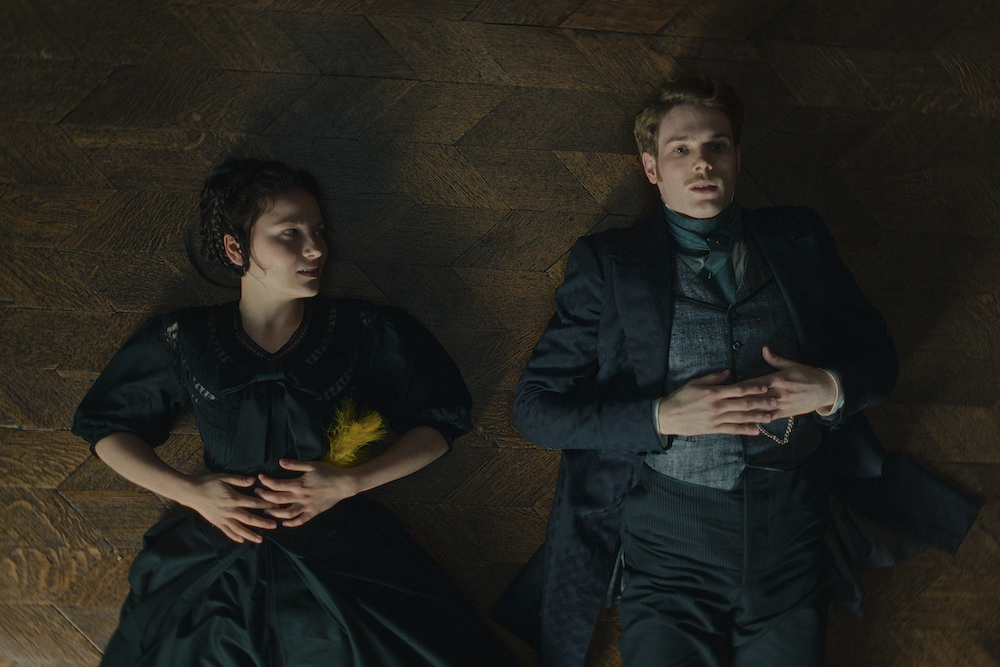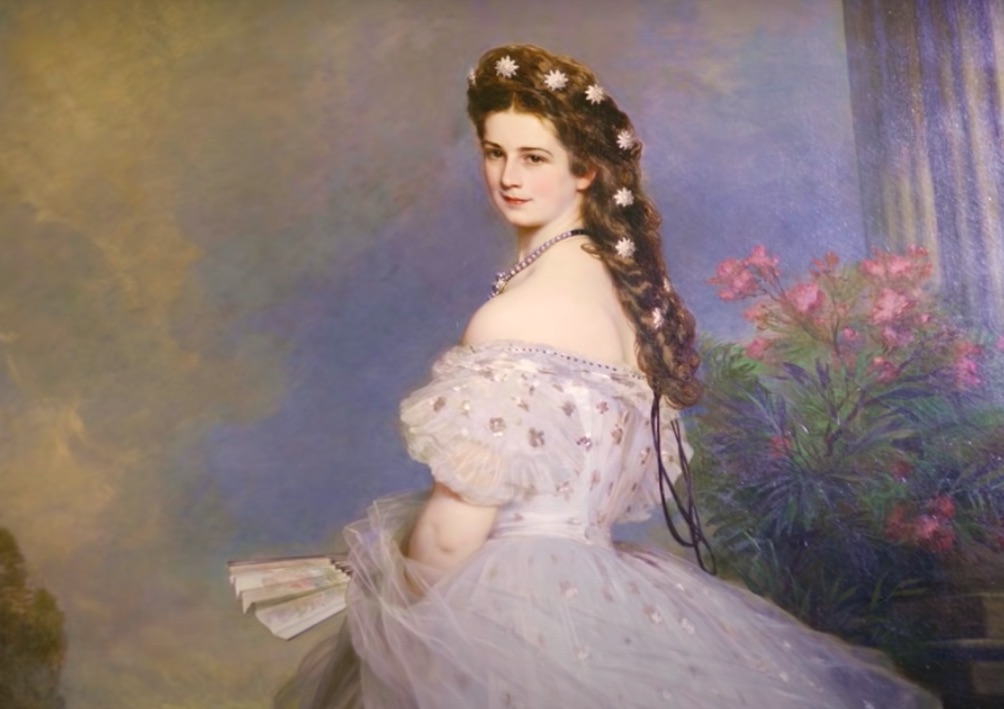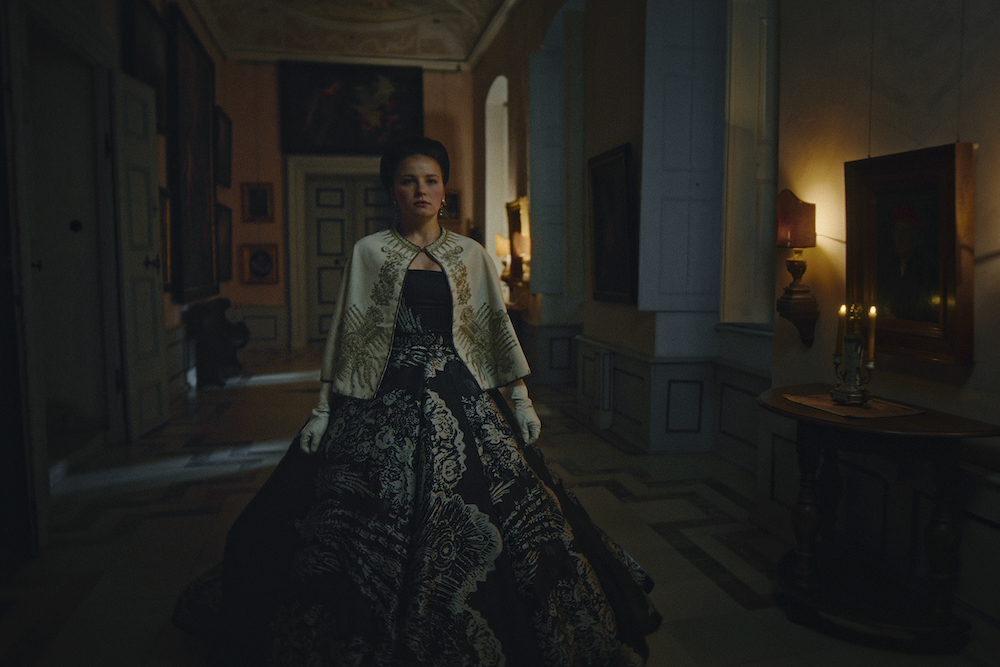Netflix’s ‘The Empress’ is a German-language series that follows the story of the young Elisabeth whose life takes a sudden turn when she marries the emperor of Austria, Franz Josef. While it begins as a romantic fairytale where she and Franz fall in love at first sight, reality hits Elisabeth when she becomes the empress and is faced with the challenges that accompany her title. Created by Katharina Eyssen, the series mixes the royalty of ‘The Crown’ with the romantic undertones of ‘Bridgerton’, delivering a sweeping period drama that immediately hooks the audience. Often, in the genre of historical dramas, the creators take a lot of liberties when it comes to the depiction of real-life events on the screen. If you are wondering whether ‘The Empress’ closely resembles reality or if it is so fabricated that it has more fiction than history, then here’s what you should know about it.
The Empress: Story of Elisabeth von Wittelsbach

Yes, ‘The Empress’ is based on the true story of Elisabeth von Wittelsbach, who served as the Empress of Austria from 1854 to 1898. Often compared to Princess Diana, Elisabeth (also known as Sisi) was a beloved royal figure in Austria and is considered “the first celebrity royal in Europe”. She had never been very interested in court and politics, but it changed when she was married to Emperor Franz Josef, who was initially supposed to marry Elisabeth’s elder sister, Helene. For a free-minded Elisabeth moving from the familiar and uninhibited life in Bavaria to the royal responsibilities in Vienna was a difficult change. Her relationship with her mother-in-law, Archduchess Sophie, also gave rise to a lot of problems in Elisabeth’s life.
What set her apart from other royals was how quickly she won over the common people and remained a popular figure her entire life. Much like the Princess of Wales, Elisabeth was seen in a different light by her subjects, whom she cared for very much. She was also known for her beauty and was said to have followed a strict regimen to maintain her looks. She was known to spend three hours tending to her hair while having all sorts of anti-aging concoctions at her disposal. It is also believed that she suffered from an eating disorder and went to great lengths to maintain her 18-inch waist, well into her 50s. She would exercise for hours and maintain a strict diet to keep herself in shape.

Apart from immense beauty, Elisabeth also had a mind of her own. She refused to bow down to norms, often breaking protocols, especially around common people, which put her at odds with the royal family. She was well-versed in literature, loved to write poetry, and was fluent in several languages, which she learned during the hours-long haircare sessions. She would travel away, often to Hungary, to escape the court life, and is known to have brought about the dual monarchy in 1897, leading to the formation of the Austro-Hungarian Empire.
Being such an influential historical figure, the story of Elisabeth has been brought on the screen a number of times before. For showrunner and head writer Katharina Eyssen, making ‘The Empress’ was the opportunity to retell Sisi’s story with more focus on modern elements. “What drew me in about Sisi initially was the whole messed up, juicy, dysfunctional family around her. People tend to think she was the crazy one when, in fact, it was the system and the dynamic around her that was insane. I love family stories. I love Shakespearean family tragedies. I saw the potential in the famous royal Habsburg family,” she said.
Apart from the drama in the empress’ life, Eyssen was also focused on representing all the things that made her such an eccentric and beloved character: a woman who was, in several ways, ahead of her time and was misunderstood for it. “Elisabeth foresaw the demise of the monarchy, the collapse of empires in Europe. She just couldn’t voice it properly. So she became an obsessive rider, obsessed with her hair, her looks, her body. All because, in my view, she carried the pain and the suffering of a collapsing empire and its people. Elisabeth in my story is a creative force of nature with a fascinating dark side,” she said.
The previous retellings of Elisabeth’s story have majorly focused on her love story with Franz Josef, but there is so much more that was happening around that time, and executive producer Jochen Laube wanted to focus on that. “We didn’t lean on the well-known and tragic love story, instead we really anchored it in the political situation of the time,” he said. With a lot of focus on history, the creators of the show decided to stick close to facts. They preferred not to bend timelines or shift events in history to serve the drama in ‘The Empress’. The overall structure remains rather close to the sequence in which the events happened in real life. Calling it a “truthful interpretation”, they did take liberties in imagining certain situations and conversations, especially when it came to unfolding the complicated relationships between the characters. Overall, however, the Netflix series is very close to being historically accurate.
Read More: Where is Netflix’s The Empress Filmed?


You must be logged in to post a comment.